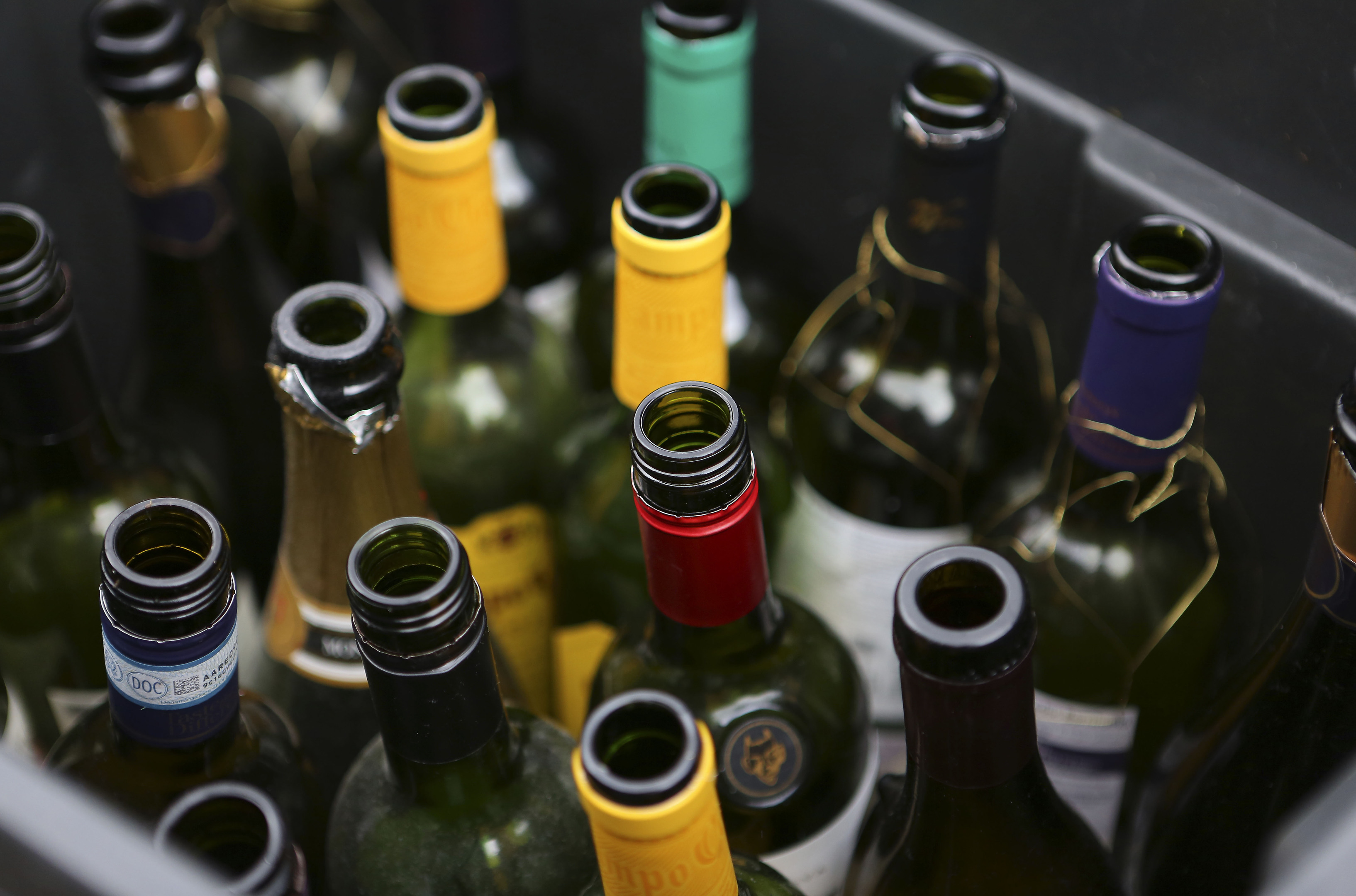
Harm related to alcohol remains a significant issue for men, for whom drinking is closely connected to their identity, according to a new report.
The study launched by Scottish Health Action on Alcohol Problems (SHAAP) and the Institute of Alcohol Studies (IAS) found both the mental and physical impact of alcohol-related harm are an issue, with men less likely to seek help for mental health problems.
The report also draws attention to the potential impact of Covid-19 on health behaviours and argues cuts to services in the wake of the pandemic may have a negative impact on alcohol-related harm.
It makes a number of recommendations for policy, including calls to strengthen restrictions on alcohol availability and to enforce bans on alcohol advertising, sponsorship and promotion.
The Men and Alcohol report, launched on Wednesday, also highlights the importance of investing in alcohol treatment and recovery services, and calls for all services to be joined-up.
Lindsay Paterson, interim director of SHAAP, said: “In Scotland, the alcohol-specific death rate for men was 2.2 times higher than women in 2018 and rates of alcohol-related stays in hospital were 2.5 times higher.
“These figures underscore the importance of understanding how alcohol use impacts on men’s mental and physical health in particular ways if we are to tackle and reduce alcohol-related harms.
“It is difficult at the moment to know what the long-term impacts of Covid-19 will be on people’s drinking behaviour and how these may intersect with issues of gender and/or marginalisation when it comes to people accessing alcohol treatment and recovery services.
“In all eventualities, this report highlights how we must not lose ground in the gains we’ve made in regulating alcohol in Scotland, as well as the crucial importance of investing in alcohol treatment and recovery services, in addition to improving youth services and opportunities for skills and learning development.”

Enjoy the convenience of having The Sunday Post delivered as a digital ePaper straight to your smartphone, tablet or computer.
Subscribe for only £5.49 a month and enjoy all the benefits of the printed paper as a digital replica.
Subscribe